
Discovering the most potent plant-based sources of omega-3 fatty acids can be a game-changer for individuals following a vegan lifestyle. In this evidence-based article, we unveil the top 10 vegan foods rich in omega-3, providing crucial information for those seeking to optimize their nutritional intake.
From flaxseeds and chia seeds to walnuts and wild berries, this comprehensive guide empowers readers to make informed choices that align with their dietary preferences and health goals.
Prepare to unlock the potential of vegan nutrition with our enlightening exploration.
Flaxseeds
Flaxseeds are an excellent source of omega-3 fatty acids, with just one tablespoon containing approximately 2.5 grams of this essential nutrient. Omega-3 fatty acids are crucial for maintaining heart health, reducing inflammation, and supporting brain function.
Flaxseeds are also rich in fiber, protein, and lignans, which are antioxidant compounds that have been shown to have anti-cancer properties. In terms of flaxseed nutrition, they are low in calories and carbohydrates, making them a great addition to a healthy diet.
Flaxseeds can be easily incorporated into meals and snacks. They can be ground and added to smoothies, oatmeal, or baked goods. Alternatively, they can be sprinkled on top of salads or yogurt for an added nutritional boost.
With their versatility and numerous health benefits, flaxseeds are a valuable addition to any diet.
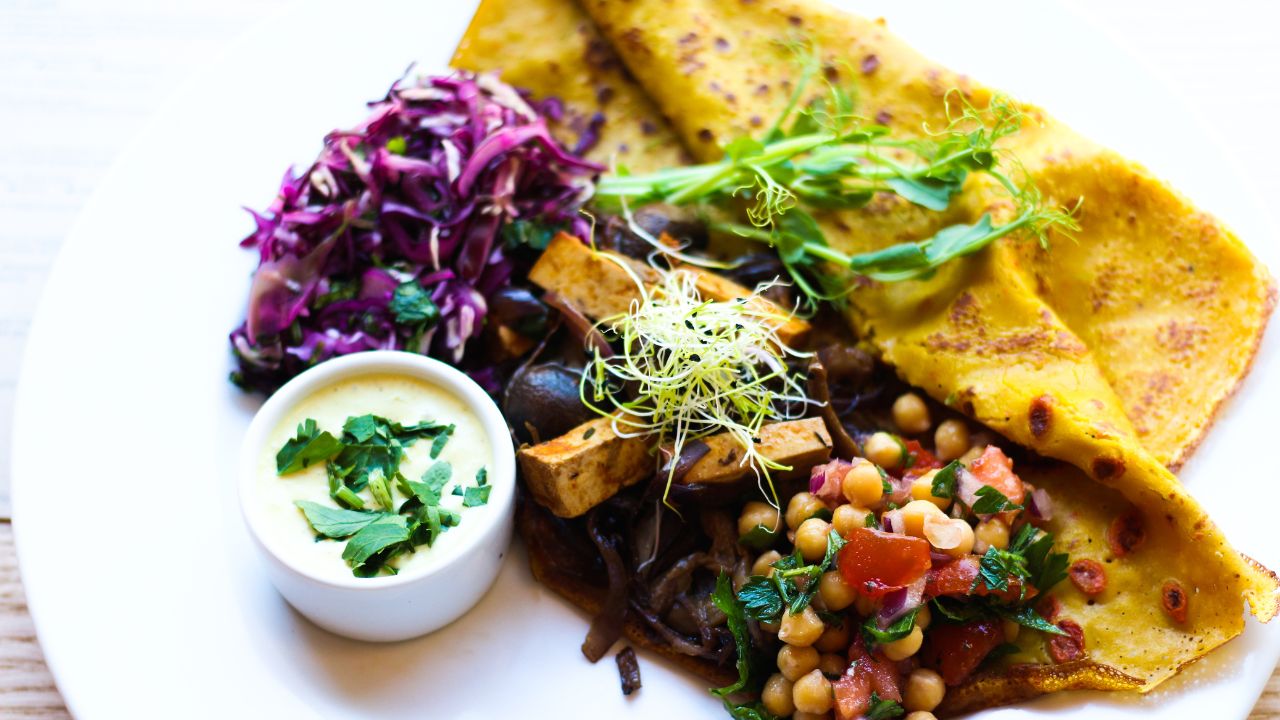
Chia Seeds
Chia seeds are a nutritional powerhouse when it comes to omega-3 fatty acids, making them an excellent choice for vegans looking to boost their intake.
Not only are chia seeds rich in omega-3s, but they also provide a variety of other essential nutrients, including fiber, protein, and antioxidants.
Their versatility and ease of use make them a convenient addition to a vegan diet.
Omega-3 Powerhouse: Chia Seeds
Chia seeds serve as an omega-3 powerhouse among the top 10 vegan foods high in this essential fatty acid. These tiny black seeds are packed with nutrients and can be easily incorporated into your diet. Here are some reasons why chia seeds are worth adding to your meals:
- Versatile and delicious: Chia seeds can be used in a variety of chia seed recipes, such as smoothies, puddings, and baked goods. They add a pleasant crunch and nutty flavor to your dishes.
- Omega-3 benefits: Chia seeds are one of the richest plant-based sources of omega-3 fatty acids, which are essential for heart health, brain function, and reducing inflammation.
- Nutrient powerhouse: Along with omega-3s, chia seeds are also high in fiber, protein, and antioxidants, making them a nutrient-dense addition to your diet.
Incorporating chia seeds into your diet is not only a healthy choice but also a flavorful one. Enjoy the benefits of these tiny seeds and boost your omega-3 intake with ease.
Nutritional Benefits of Chia
The nutritional benefits of chia seeds extend beyond their omega-3 content, making them a valuable addition to a vegan diet. Chia seeds are packed with essential nutrients such as fiber, protein, calcium, and antioxidants. These tiny seeds are also a good source of iron, magnesium, and zinc.
One of the unique properties of chia seeds is their ability to absorb liquid and form a gel-like consistency. This makes them a popular ingredient in chia seed pudding, a delicious and nutritious dessert. Chia seed pudding is easy to make and can be customized with various flavors and toppings.

Chia seeds can also be incorporated into a wide range of recipes, including smoothies, oatmeal, and baked goods. With their numerous health benefits and versatility in the kitchen, chia seeds are a must-have for anyone looking to enhance their vegan diet.
Versatile and Easy-To-Use
Building on their nutritional benefits, chia seeds are incredibly versatile and easy to incorporate into a variety of dishes. Whether you're following a vegan diet or simply looking to boost your omega-3 intake, chia seeds are a fantastic option.
Here are a few reasons why chia seeds are so versatile and easy to use:
- Texture and Thickening Power: Chia seeds can be soaked in liquid to form a gel-like consistency, making them a great ingredient for puddings, jams, and even vegan egg substitutes.
- Added Nutritional Value: Chia seeds can be sprinkled on top of smoothies, yogurt, or salads to add a boost of omega-3s, fiber, and protein.
- Baking and Cooking: Chia seeds can be used as an egg replacement in baking, or added to breads and muffins for a nutrient-rich twist.
Incorporating chia seeds into your recipes not only adds versatility but also contributes to the health benefits of a vegan diet.
Hemp Seeds
Hemp seeds are a nutritional powerhouse, offering a range of health benefits. They are an excellent source of omega-3 fatty acids, which are essential for brain health and reducing inflammation in the body.
Hemp seeds are also a sustainable choice, as they require less water and land compared to other crops, making them an environmentally friendly source of nutrition.
Health Benefits of Hemp
With a plethora of health benefits, hemp seeds are a rich source of omega-3 fatty acids for vegan individuals. Not only are they packed with essential nutrients, but hemp seeds also offer a sustainable source of nutrition.
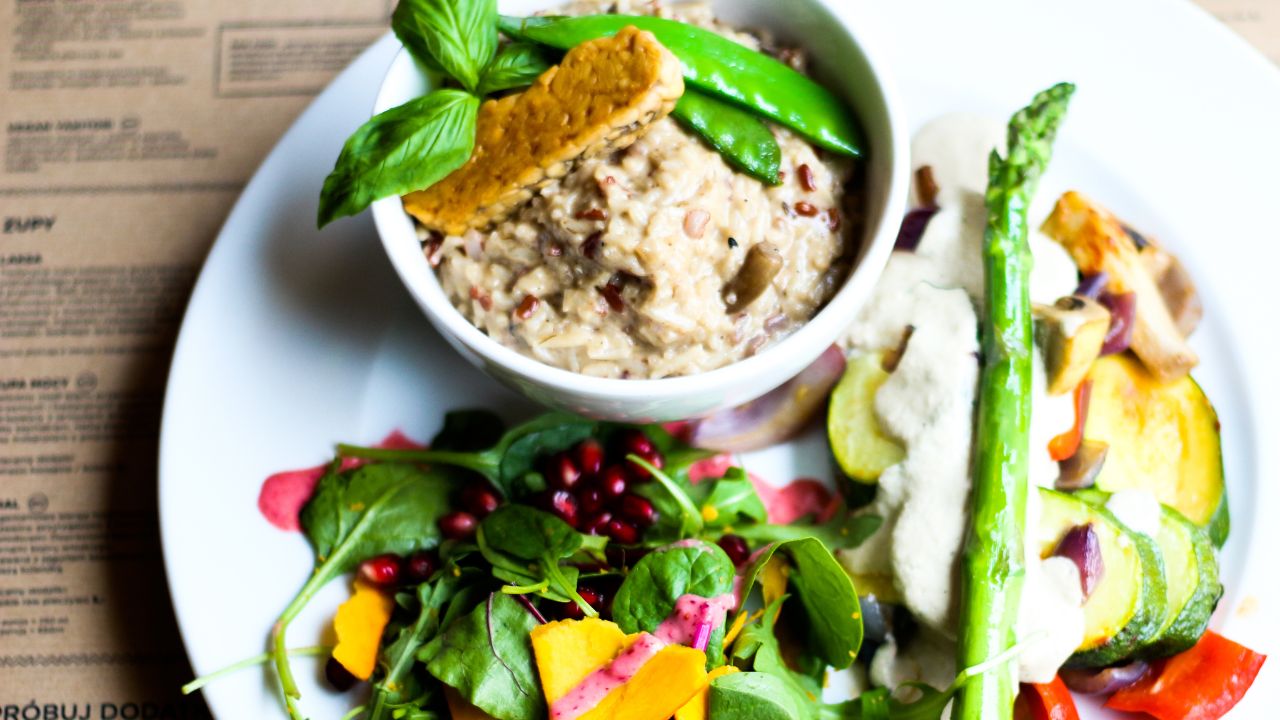
Here are three key reasons why hemp seeds can be a game-changer for your health:
- Heart Health: Hemp seeds are known to promote cardiovascular health by reducing inflammation and improving blood circulation. The omega-3 fatty acids found in hemp seeds help lower the risk of heart disease and maintain healthy cholesterol levels.
- Brain Function: Omega-3 fatty acids are crucial for brain health and function. Hemp seeds contain a specific type of omega-3 called alpha-linolenic acid (ALA), which has been linked to improved cognitive function, memory, and overall brain health.
- Skin Health: The high levels of omega-3 fatty acids in hemp seeds contribute to healthy skin by reducing inflammation and promoting proper moisture retention. Regular consumption of hemp seeds can help alleviate skin conditions like eczema and acne, leaving you with a radiant complexion.
Incorporating hemp seeds into your diet can provide numerous health benefits, making them an excellent addition to a vegan lifestyle.
Sustainable Source of Nutrition
Hemp seeds offer a sustainable source of nutrition, making them an ideal choice for vegan individuals seeking high levels of omega-3 fatty acids. These small, nutty seeds are rich in plant-based protein and are considered a complete protein, meaning they contain all nine essential amino acids that the body needs.
In addition to being a great source of omega-3 fatty acids, hemp seeds also provide omega-6 fatty acids, which are important for heart health and reducing inflammation.
What makes hemp seeds even more appealing is their sustainable farming practices. Hemp plants are resilient and require little to no pesticides or herbicides to grow. They also have a low water footprint, making them an environmentally friendly choice.
Furthermore, hemp plants can be cultivated without depleting the soil, as they naturally replenish nutrients back into the ground. This sustainable farming approach ensures that hemp seeds can be grown without causing harm to the planet, making them a responsible choice for those seeking a nutritious and eco-friendly source of omega-3 fatty acids.
Walnuts
Walnuts are an excellent source of omega-3 fatty acids, making them a valuable addition to a vegan diet. These nutrient-packed nuts offer numerous benefits that can enhance overall health and well-being. Here are some key benefits of walnuts:
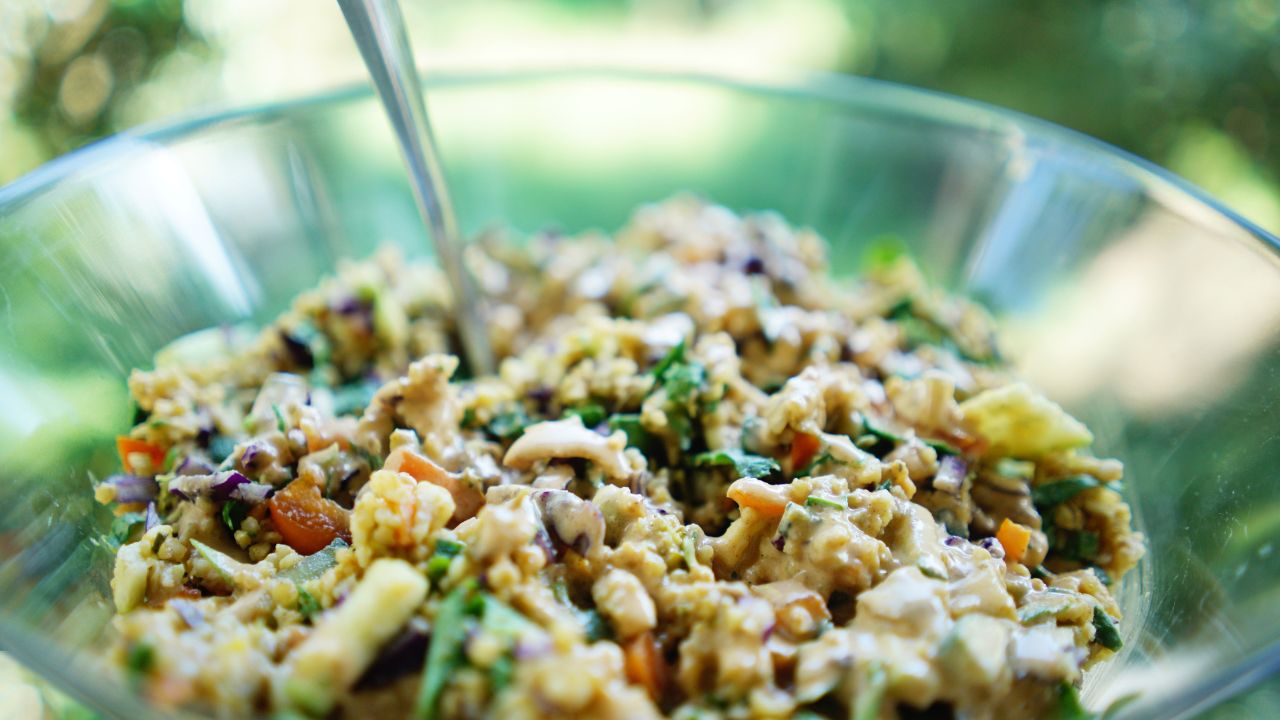
- Heart Health: Walnuts are rich in alpha-linolenic acid (ALA), which has been linked to a reduced risk of heart disease. Consuming walnuts regularly may help lower cholesterol levels and improve blood flow.
- Brain Function: Omega-3 fatty acids are essential for brain health, and walnuts are one of the few plant-based sources of these beneficial fats. Including walnuts in your diet may support cognitive function and protect against age-related decline.
- Anti-inflammatory Properties: Walnuts contain polyphenols and antioxidants that possess anti-inflammatory properties. These compounds may help reduce chronic inflammation in the body, which is associated with various diseases.
To incorporate walnuts into a vegan diet, try these ideas:
- Snack on a handful of walnuts as a satisfying and nutritious mid-day pick-me-up.
- Add chopped walnuts to your morning cereal, oatmeal, or smoothie bowl for a crunchy texture and extra omega-3 boost.
- Use ground walnuts as a topping for salads, soups, or roasted vegetables to add a nutty flavor and enhance nutritional value.
Algal Oil
Continuing the exploration of vegan sources high in omega-3, another valuable addition to a plant-based diet is algal oil. Algal oil is derived from algae, which is a rich source of omega-3 fatty acids, specifically docosahexaenoic acid (DHA) and eicosapentaenoic acid (EPA). These omega-3 fatty acids are essential for optimal brain function, heart health, and reducing inflammation in the body.
One of the main benefits of algal oil is that it provides a vegan alternative to fish oil, which is typically high in omega-3s but may not be suitable for those following a plant-based diet. Algal oil offers the same benefits without the ethical concerns or potential contaminants found in some fish oils.
Additionally, algal oil has been found to have other health benefits, such as supporting eye health, improving cognitive function, and reducing the risk of chronic diseases like heart disease and certain types of cancer.
While algal oil is an excellent source of omega-3s for vegans, it is important to note that there are other plant-based sources of omega-3 fatty acids, such as flaxseeds, chia seeds, hemp seeds, and perilla oil. Perilla oil, derived from the seeds of the Perilla frutescens plant, is commonly used in Asian cuisine and is a rich source of omega-3 fatty acids.
Incorporating algal oil into a balanced plant-based diet can be a convenient and effective way to ensure an adequate intake of omega-3 fatty acids for vegans. However, it is always recommended to consult with a healthcare professional or registered dietitian before making any significant changes to your diet.
Brussels Sprouts
An excellent vegan source of omega-3 fatty acids, Brussels sprouts are a nutrient-rich vegetable that offers numerous health benefits. These mini cabbages are not only delicious but also packed with essential nutrients.
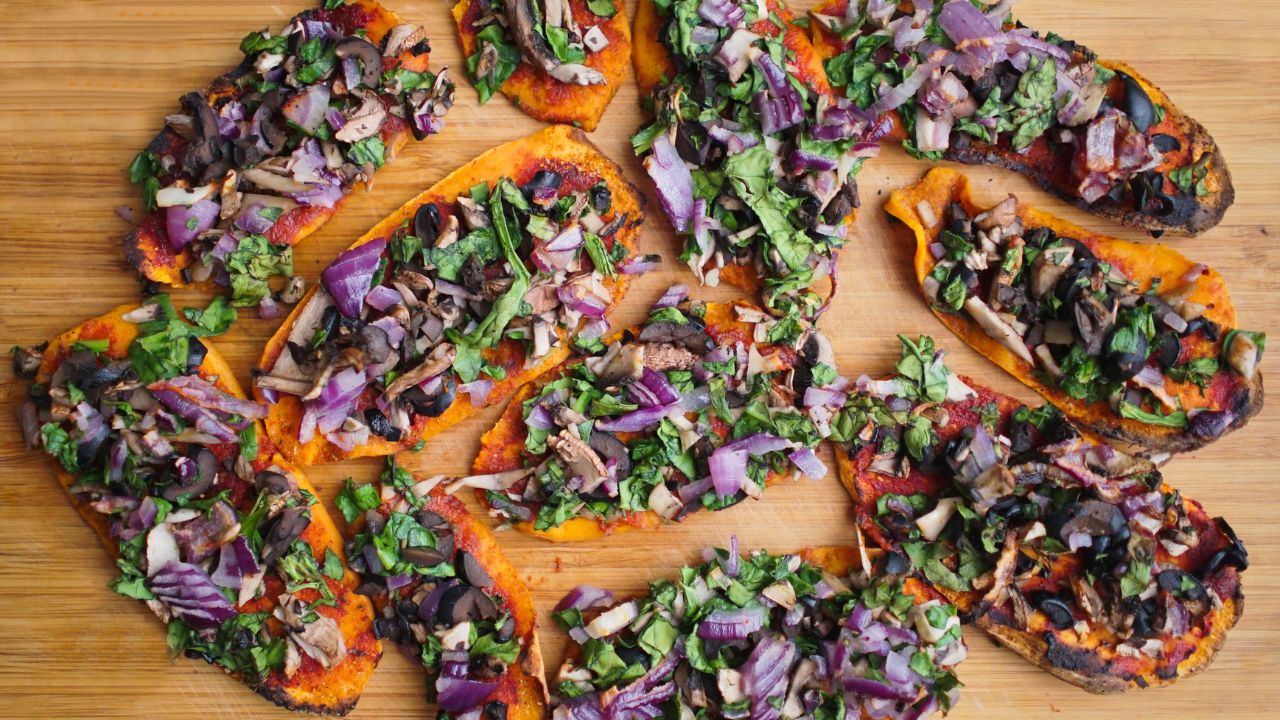
Here are some reasons why you should consider adding Brussels sprouts to your diet:
- Rich in omega-3 fatty acids: Brussels sprouts are a great plant-based source of omega-3s, which are crucial for brain health and reducing inflammation.
- High in fiber: With a good amount of dietary fiber, Brussels sprouts support healthy digestion and can aid in weight management.
- Loaded with vitamins and minerals: These small green vegetables are packed with vitamin C, vitamin K, folate, and potassium, which play important roles in maintaining overall health.
To incorporate Brussels sprouts into your meals, try roasting them with olive oil and garlic or adding them to stir-fries and salads.
With their impressive nutritional value, Brussels sprouts are a versatile and tasty addition to any vegan diet.
Perilla Oil
Perilla oil, derived from the seeds of the Perilla frutescens plant, has gained attention for its potential health benefits and omega-3 content.
Rich in alpha-linolenic acid (ALA), perilla oil is a vegan-friendly source of omega-3 fatty acids.
While it may not have as high of an omega-3 content as fish oil, perilla oil can still be a valuable addition to a plant-based diet for those looking to increase their intake of these essential fatty acids.
Perilla Oil Benefits
One notable benefit of perilla oil is its high omega-3 content, making it a valuable addition to a vegan diet. Omega-3 fatty acids are essential for brain function, heart health, and reducing inflammation in the body.

Here are some key benefits of incorporating perilla oil into your diet:
- Improves heart health: Perilla oil has been shown to lower blood pressure and reduce the risk of heart disease due to its omega-3 fatty acids.
- Boosts brain function: Omega-3s in perilla oil support brain health, improving cognitive function and reducing the risk of cognitive decline.
- Reduces inflammation: The anti-inflammatory properties of perilla oil can help alleviate symptoms of inflammatory conditions such as arthritis and asthma.
While perilla oil has many benefits, it's important to note that excessive consumption may have side effects such as digestive issues or allergic reactions. As with any dietary supplement, it's best to consult with a healthcare professional before adding perilla oil to your routine.
Omega-3 Content Comparison
Continuing the discussion from the previous subtopic, it is important to compare the omega-3 content of perilla oil with other vegan foods high in omega-3.
When it comes to omega-3 content, both flaxseeds and chia seeds are known to be excellent vegan sources. Flaxseeds provide about 6,703 mg of omega-3 fatty acids per 100 grams, while chia seeds offer around 5,055 mg per 100 grams. On the other hand, perilla oil contains approximately 5,076 mg of omega-3 fatty acids per tablespoon.
Incorporating omega-3 rich foods into a vegan diet has numerous benefits. Omega-3 fatty acids, such as alpha-linolenic acid (ALA), have been shown to support heart health, reduce inflammation, and improve cognitive function. Additionally, they play a crucial role in maintaining healthy skin, hair, and nails.
Spirulina
Spirulina, a highly nutritious algae, is a vegan food rich in omega-3 fatty acids. This superfood not only offers a host of health benefits but also aligns with the values of freedom and choice. Here are three reasons why incorporating spirulina into your diet can be a game-changer:
- Purslane benefits: Spirulina contains high levels of gamma-linolenic acid (GLA), an omega-6 fatty acid that has been linked to reduced inflammation and improved skin health. GLA is also found in purslane, another plant-based source of omega-3s, making spirulina a valuable addition to a vegan diet.
- Wild berries nutrition: Spirulina is packed with antioxidants, including vitamin E and beta-carotene, which are known to combat oxidative stress and promote overall well-being. Adding spirulina to your daily routine can provide you with a powerful dose of these beneficial nutrients, similar to the benefits of consuming wild berries.
- Omega-3 power: Spirulina is one of the few plant-based sources of docosahexaenoic acid (DHA) and eicosapentaenoic acid (EPA), two essential omega-3 fatty acids that are typically found in fish. By incorporating spirulina into your diet, you can ensure you're meeting your omega-3 needs, even on a vegan or plant-based diet.
With its numerous health benefits and omega-3 richness, spirulina is an excellent choice for those seeking to enhance their nutrition and embrace freedom in their dietary choices.
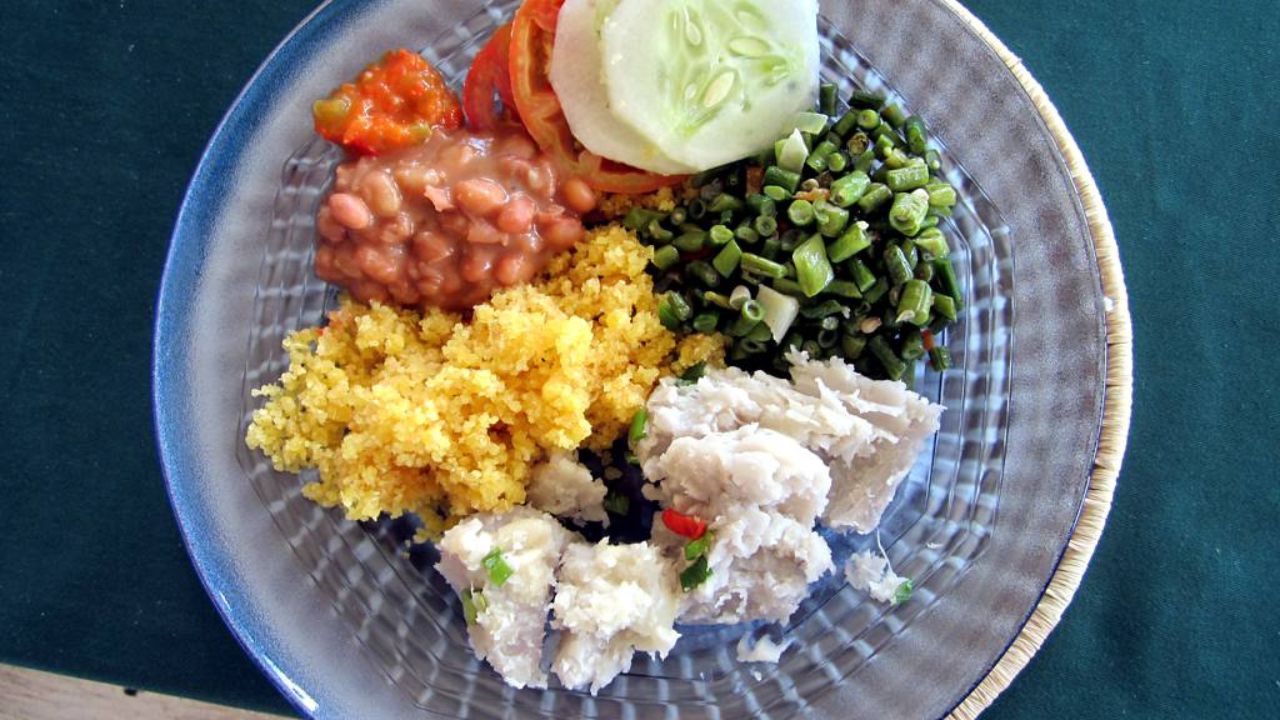
Purslane
Purslane, a nutritious plant-based source of omega-3 fatty acids, offers a range of health benefits that align with the values of a vegan diet. This leafy green herb is packed with nutrients such as vitamins A, C, and E, as well as minerals like magnesium, calcium, and potassium.
The omega-3 fatty acids found in purslane, specifically alpha-linolenic acid (ALA), have been shown to support heart health, reduce inflammation, and improve brain function.
In addition to its health benefits, purslane also has culinary uses. Its tangy, lemony flavor makes it a great addition to salads, stir-fries, and soups. It can also be used as a substitute for spinach or lettuce in various recipes.
Incorporating purslane into your diet can provide a delicious and nutrient-dense boost to your vegan lifestyle.
Wild Berries
Next on the list of vegan foods high in omega-3 is the delicious and nutrient-packed wild berries. These vibrant and flavorful fruits not only make a tasty addition to your diet but also offer numerous health benefits. Here are three reasons why wild berries should be on your radar:
- Antioxidant Power: Wild berries, such as blueberries, raspberries, and blackberries, are rich in antioxidants. These compounds help fight against harmful free radicals in the body, reducing oxidative stress and protecting cells from damage.
- Immune Health: Wild berries are packed with vitamins and minerals that support a healthy immune system. Vitamin C, found abundantly in berries, plays a crucial role in strengthening the immune response and protecting against infections.
- Heart Health: The omega-3 fatty acids found in wild berries have been linked to improved cardiovascular health. These healthy fats help lower inflammation, reduce the risk of heart disease, and promote overall heart health.
Incorporating wild berries into your diet not only adds a burst of flavor but also provides powerful antioxidants and supports immune health. So, indulge in these vibrant fruits and reap the benefits they offer to nourish your body and boost your well-being.
Frequently Asked Questions
Are There Any Specific Cooking Methods That Can Help Preserve the Omega-3 Content in These Vegan Foods?
Preserving the omega-3 content in vegan foods is crucial for maintaining their nutritional value. Certain cooking methods can help retain omega-3 levels, such as steaming, baking, or grilling at lower temperatures, and avoiding excessive heat and prolonged cooking times.
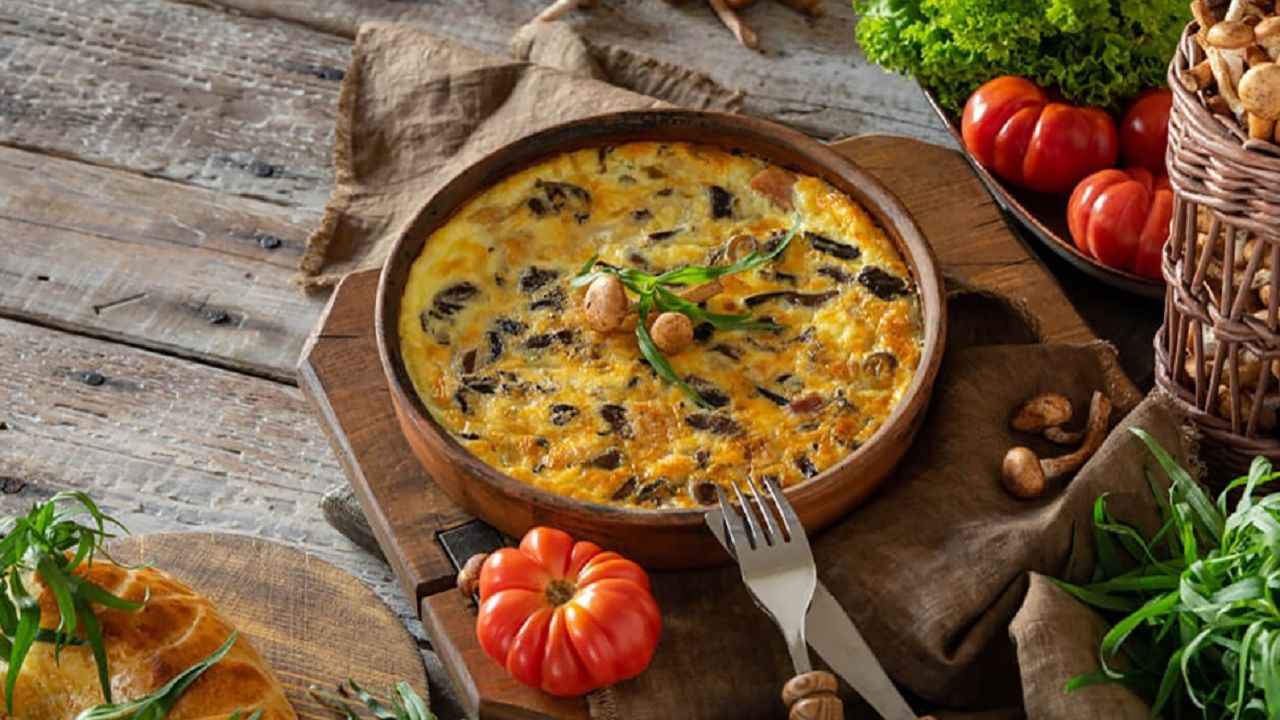
Can Consuming These Vegan Omega-3 Sources Help Reduce the Risk of Cardiovascular Diseases?
Consuming vegan omega-3 sources may potentially reduce the risk of cardiovascular diseases. However, further research is needed to fully understand the impact of these sources on heart health and to separate fact from fiction.
What Are the Recommended Daily Servings of These Vegan Omega-3 Foods to Meet the Recommended Intake?
To meet the recommended intake of vegan omega-3 foods, it is advised to include multiple servings throughout the day. Strategies for incorporating these sources into a balanced diet include adding flaxseeds, chia seeds, and walnuts to meals and snacks.
Are There Any Potential Side Effects or Risks of Consuming These Vegan Omega-3 Sources in Large Quantities?
Consuming vegan omega-3 sources in large quantities may have potential side effects and risks. These may include digestive issues, increased bleeding risk, and a possible imbalance with omega-6 fatty acids. It is important to maintain a balanced intake and consult with a healthcare professional.
Can These Vegan Omega-3 Sources Provide Enough DHA and EPA, the Two Main Types of Omega-3 Fatty Acids, for Optimal Health Benefits?
Vegan omega-3 sources can provide adequate amounts of DHA and EPA for optimal health benefits. However, supplementation may be necessary for some individuals, and it is important to compare the efficacy with fish oil for a well-rounded approach to omega-3 intake.
 Business & FinanceHealth & MedicineTechnologyLifestyle & CultureScience & EnvironmentWorld NewsPrivacy PolicyTerms And Conditions
Business & FinanceHealth & MedicineTechnologyLifestyle & CultureScience & EnvironmentWorld NewsPrivacy PolicyTerms And Conditions
